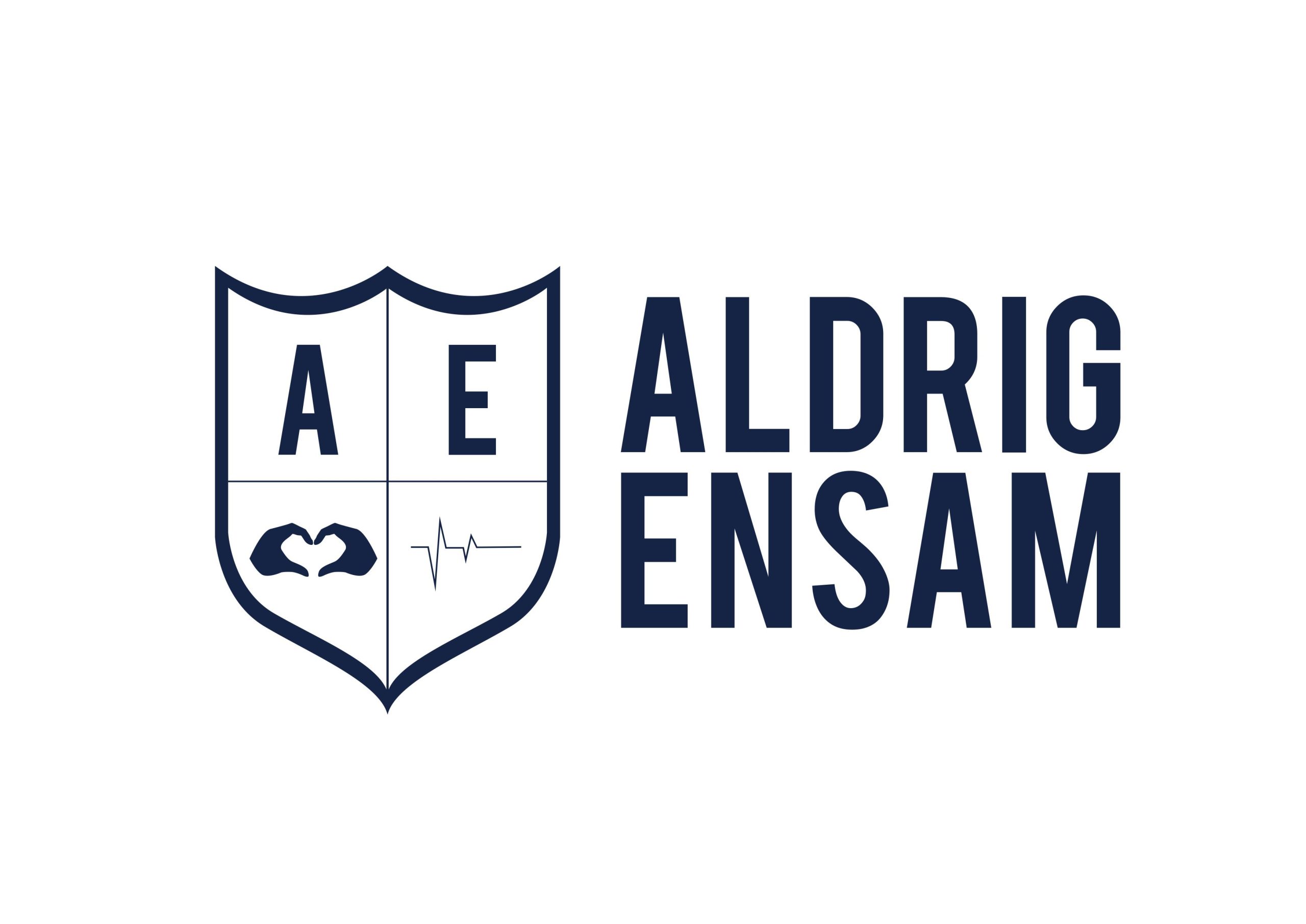
What are Eating Disorders?
There are several types of eating disorders, but they all have a changed perception of your own body and very tough thoughts about weight, food and exercise in common. Thoughts, feelings and behaviors associated with this take over someone’s existence. You feel satisfied when you lose weight and get anxious if you’ve eaten more than intended. The relationship to food and eating itself changes.
Anorexia is characterized by self-starvation, excessive exercise and weight loss. Some become very ill and anorexia can lead to death if left untreated. It’s also common that you’re unable to study, have a normal social life and that several of the body’s functions are disrupted.
In bulimia one alternates between starving and manic eating. Manic eating is when you eat so much that you get a lot of stomach ache or vomiting. Some cause vomiting to get rid of the food. Sometimes, anorexia changes into bulimia.
Orthorexia is when you’re very focused on getting a muscular body. Here, body fixation, exercise and diet are so extreme that you cannot function normally and feel good.
Why are People Affected?
Both biological and psychological factors contribute to eating disorders. Anorexia is more common in people with a high degree of perfectionism. It often starts out rather innocent, for example with the person starting to lose weight and becoming more and more fixated on food, weight, exercise and body changes. For many, the obsession with body, weight, food and exercise becomes a kind of escape from other things that are disturbing or sad in life.
Symptoms
Anorexia is characterized by excessive weight loss and rapid changes in weight. Thoughts, feelings and behaviors revolve around food or “burning calories.” You hide from others how much you eat, often avoid eating with others and cheat so that others don’t see. Sometimes people work out excessively, both with long workouts and high frequency. People can become obsessed with body shape, looking at themselves in the mirror and weighing themselves.
In the case of bulimia, vomiting can be induced after meals and some also use laxatives. You may also have excessive attention to what the food contains, it’s not uncommon to be unwilling to eat something that others have cooked because you don’t know how much oil, butter or cream has been used.
The cause may be an underlying worry, anxiety or depression. Self-harm occurs and even suicidal thoughts.
When Should You Seek Care?
If you think you have an eating disorder, seek psychiatric care, either yourself or with the help of those close to you. There are specialized eating disorders clinics. They have different types of treatment programs depending on the problem you have. But the treatments are all aimed at getting more reasonable diets, working with the distorted body image and finding other ways to deal with anxiety.
